Indian Oil signs MoU with Indian Navy for hydrogen fuel cell bus

Indian Oil has delivered a green hydrogen fuel cell bus to the Indian Navy. There was an MoU that was signed between Indian Oil and the Indian Navy to supply hydrogen fuel cell technology for heavy-duty e-mobility. The event took place at Nau Sena Bhavan in Delhi in the presence of Indian Navy Chief, Admiral Dinesh K. Tripathi, Indian Oil Chairman S.M Vaidya, and other senior officials.
Indian Oil has a total of 15 fuel cell buses in Gujrat and Delhi-NCR. These buses have accumulated a total mileage of 300000 Km with each bus covering at least 20000 km as per the data from Press Release.
The fuel cell buses are part of the project which aims to analyze the performance and demand of these buses in Delhi NCR. A huge pollution problem has already gripped the capital and alternate eco-friendly transportation has become necessary for the region. This project will further evaluate effectiveness, longevity and operational reliability of the buses.
Admiral Dinesh K Tripathi, the Chief of Naval Staff of the Indian Navy, said, "We will be testing one of the hydrogen buses and looking forward to deploying environment-friendly transportation in larger numbers, and I must thank IndianOil for choosing the Indian Navy as their partner."
S M Vaidya, Chairman, IndianOil, said, "As we continue to support our defence forces with innovative, forward-looking solutions that cater to tomorrow’s needs. IndianOil has been leading the way in advancing Green hydrogen and fuel cell technologies."
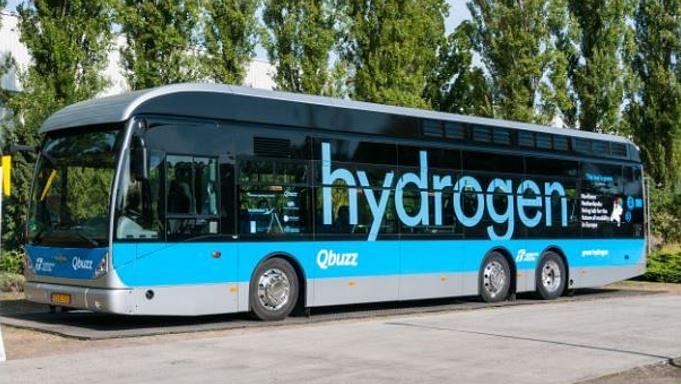
Fuel cell bus
A fuel cell bus is a type of bus that uses a fuel cell as its power source, instead of traditional fossil fuels or diesel engines. Fuel cells are electrochemical devices that convert chemical energy from a fuel, typically hydrogen, into electricity. Here are some key benefits and features of fuel cell buses:
Benefits:
- Zero Emissions: Fuel cell buses produce only water and heat as exhaust, making them an attractive option for reducing greenhouse gas emissions and air pollution in urban areas.
- High Efficiency: Fuel cells have higher efficiency than traditional internal combustion engines, converting about 40-60% of the energy in hydrogen into electricity.
- Quiet Operation: Fuel cell buses are much quieter than traditional buses, making them ideal for urban areas.
Challenges and limitations:
- Hydrogen Infrastructure: The lack of hydrogen fueling infrastructure is a significant challenge for widespread adoption of fuel cell buses.
- High Cost: Fuel cell buses are currently more expensive than traditional buses, making them less accessible to many transit agencies.
- Limited Range: Fuel cell buses typically have limited range and require frequent refueling, which can impact their operational efficiency.
Latest Bus News
View all Bus NewsPopular Truck Brands
Popular Buses Brands
Popular Three Wheelers Brands
 Altigreen
Altigreen Euler Motors
Euler Motors Mahindra
Mahindra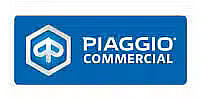 Piaggio
Piaggio Bajaj
Bajaj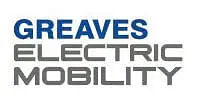 Greaves Mobility
Greaves Mobility ATUL
ATUL TVS
TVS Omega Seiki Mobility
Omega Seiki Mobility Kinetic
Kinetic Lohia
Lohia JSA
JSA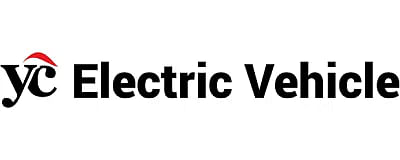 YC Electric
YC Electric Udaan
Udaan SN Solar Energy
SN Solar Energy Saarthi
Saarthi Teja (Powered by Greaves)
Teja (Powered by Greaves) Jezza Motors
Jezza Motors GreenRick
GreenRick City Life Electric
City Life Electric Ampere
Ampere Baba Electric
Baba Electric E-Ashwa
E-Ashwa Bahubali E Rickshaw
Bahubali E Rickshaw Dabang
Dabang Deltic
Deltic Keto Motors
Keto Motors Mini Metro
Mini Metro Gayam Motors
Gayam Motors Gem EV
Gem EV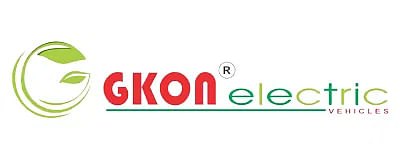 Gkon Automotive
Gkon Automotive Skyride
Skyride Thukral Electric
Thukral Electric Baxy
Baxy Eblu
Eblu Hexall
Hexall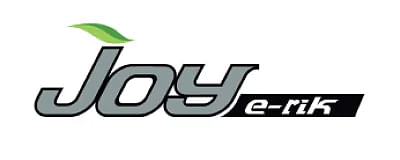 Joy
Joy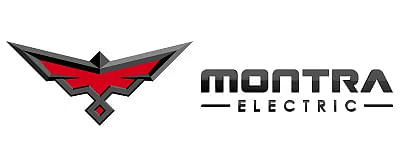 Montra
Montra Star
Star Dandera
Dandera